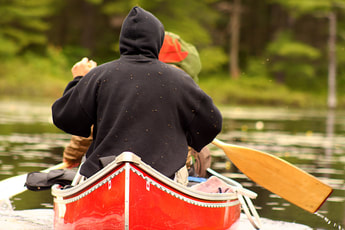Behchokǫ, Northwest Territories

Year(s) Funded: 2014-2015, 2015-2016
Topic Area: Mental Health Contact: [email protected] Partners: Rae-Edzo Friendship Centre Website: https://www.tltk.ca Title:
The Elders’ Advisory Committee was concerned for the physical, emotional well-being of the community. The impacts of the loss of caribou due to climate change on health and harvesting restrictions were examined. Both phases of the project addressed three major questions: what traditional foods should be harvested to ensure good physical, spiritual, and emotional health; how does a non-traditional food diet affect physical, spiritual, and emotional health; and, what adaptive strategies did Elders and harvesters recommended addressing the issue around caribou, climate change, and health? Both Elders and harvesters were interviewed in their homes, in a focus group, and at traditional camps on the benefits of traditional food. Youth were taught to harvest land-based resources associated with traditional foods and diet, prior to preparing and consuming such food as muskrat, rabbit, fish, and caribou. There was more success in gathering information when elders and harvesters worked closely with the youth. Results: Youth were involved in all aspects of the planning leading up to both the cabin building, and the canoe journey. Not only is the logistics an important aspect to learn but the mental preparations for the journey is equally important. Learning to respect, interact and learn from Elders and harvesters is ongoing and important to have cultivated these relationships before any activities commence. Outputs: A final reports of the projects was created. |
